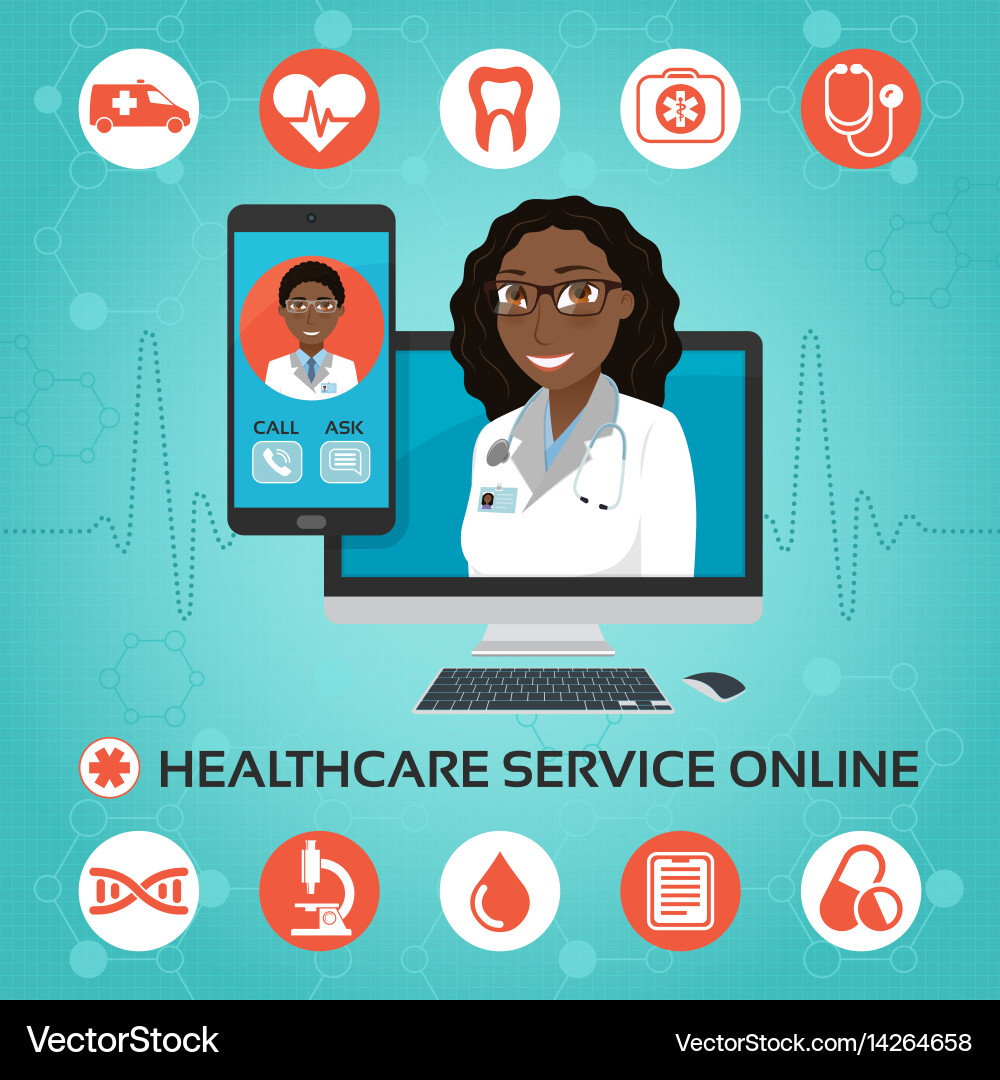A Comprehensive Overview to Subscription Based Healthcare: What You Required to Know
A Comprehensive Overview to Subscription Based Healthcare: What You Required to Know
Blog Article
The Surge of Subscription-Based Health Care and Its Influence On Client Treatment
As healthcare evolves, the subscription-based model is obtaining grip, assuring to change patient treatment by offering predictability and availability. The potential for these models to reshape health care distribution increases pushing inquiries concerning their long-term sustainability and inclusivity. Are these registration services the future of health care, or do they run the risk of leaving susceptible populations behind?
Comprehending Subscription Medical Care Models
Understanding the idea of subscription health care designs involves checking out a transformative approach to medical services that emphasizes cost and access. These versions, often referred to as straight medical care (DPC) or concierge medication, have actually emerged as innovative choices to typical fee-for-service healthcare systems. Subscription medical care enables clients to pay a fixed monthly or annual charge for a specified set of medical services, which may consist of endless office sees, routine examinations, and basic laboratory tests, without the requirement for conventional insurance policy payment.
The framework of registration health care designs is designed to streamline client care by getting rid of third-party payers and complex payment codes, thus minimizing administrative concerns. Doctor can concentrate more on patient care, fostering stronger patient-provider relationships. This design additionally advertises preventative care by motivating regular sees, as the economic obstacle of per-visit fees is eliminated.
The membership model frequently encourages doctor to manage smaller patient panels, enabling for more customized care. It straightens economic rewards with client health outcomes, as providers are encouraged to maintain individual contentment and well-being. Overall, recognizing subscription health care designs calls for identifying their potential to improve just how treatment is provided and accessed.
Benefits for People and Suppliers

With a constant earnings stream, health care professionals can dedicate more time to each patient, leading to an extra customized and complete treatment experience. The emphasis on preventative care within registration plans can lead to far better client end results and decreased lasting healthcare prices.
Obstacles and Concerns
While subscription-based medical care versions existing countless advantages, they additionally come with a collection of difficulties and concerns that should be dealt with. This raises ethical inquiries concerning fair access to medical care solutions.
Financial sustainability of subscription-based versions is another problem. Service providers must stabilize the fixed revenue from subscriptions with the variable costs of healthcare solutions, which may rise and fall due to unanticipated medical needs. This can develop pressure to limit solutions or rise charges, potentially influencing patient satisfaction and care top quality.
Moreover, governing oversight of subscription-based healthcare designs is still advancing. Dealing with these difficulties is critical for the fair and successful execution of subscription-based medical care.
Influence On Patient-Doctor Relationships
One significant influence of subscription-based healthcare models on patient-doctor connections is the capacity for improved connection and customized treatment. By taking on a registration version, medical professionals can handle a smaller individual panel, allowing for more specialized time with each individual. This enhanced schedule cultivates a much deeper understanding of an individual's clinical background, way of life, and choices, making it possible for extra customized therapy strategies and treatments.

Nevertheless, it is very important to recognize that while subscription-based models may benefit those who can afford them, they could inadvertently broaden health care variations. Get More Information Individuals who are unable to join these designs could experience decreased access to individualized treatment, potentially impacting their relationships with doctor. Therefore, while the membership version uses promising benefits for patient-doctor relationships, it additionally poses challenges that need to be dealt with to ensure equitable medical care access.
Future of Medical Care Gain Access To

The role of modern technology can not be forgotten in this transformation. Telemedicine platforms and digital health documents assist in smooth interaction in between people and health care service providers, breaking down logistical and geographical obstacles. Additionally, improvements in fabricated knowledge and data analytics can even site more customize treatment by predicting individual requirements and optimizing therapy plans.
Nevertheless, the future of health care accessibility also provides difficulties, such as ensuring equity throughout various socio-economic teams. Policymakers and doctor should work together to bridge the electronic divide, guaranteeing dig this that subscription-based designs continue to be inexpensive and comprehensive. As these systems grow, they hold the guarantee of making health care extra obtainable, efficient, and patient-centric.
Verdict
Subscription-based medical care models are reshaping patient treatment by providing a stable expense structure and enhancing availability. The surge of subscription-based medical care encourages proactive patient involvement, which has the potential to improve client results and contentment, signifying a transformative shift in health care distribution.
As health care advances, the subscription-based design is gaining grip, guaranteeing to change patient care by using predictability and availability.Subscription-based health care models offer unique benefits for both providers and people, enhancing the general healthcare experience.As medical care systems progress, the future of healthcare gain access to regularly pivots on the assimilation of ingenious models and modern technologies.Subscription-based healthcare versions are improving person treatment by offering a stable price structure and boosting ease of access. The rise of subscription-based medical care encourages proactive person engagement, which has the prospective to enhance individual end results and complete satisfaction, signaling a transformative shift in health care delivery.
Report this page